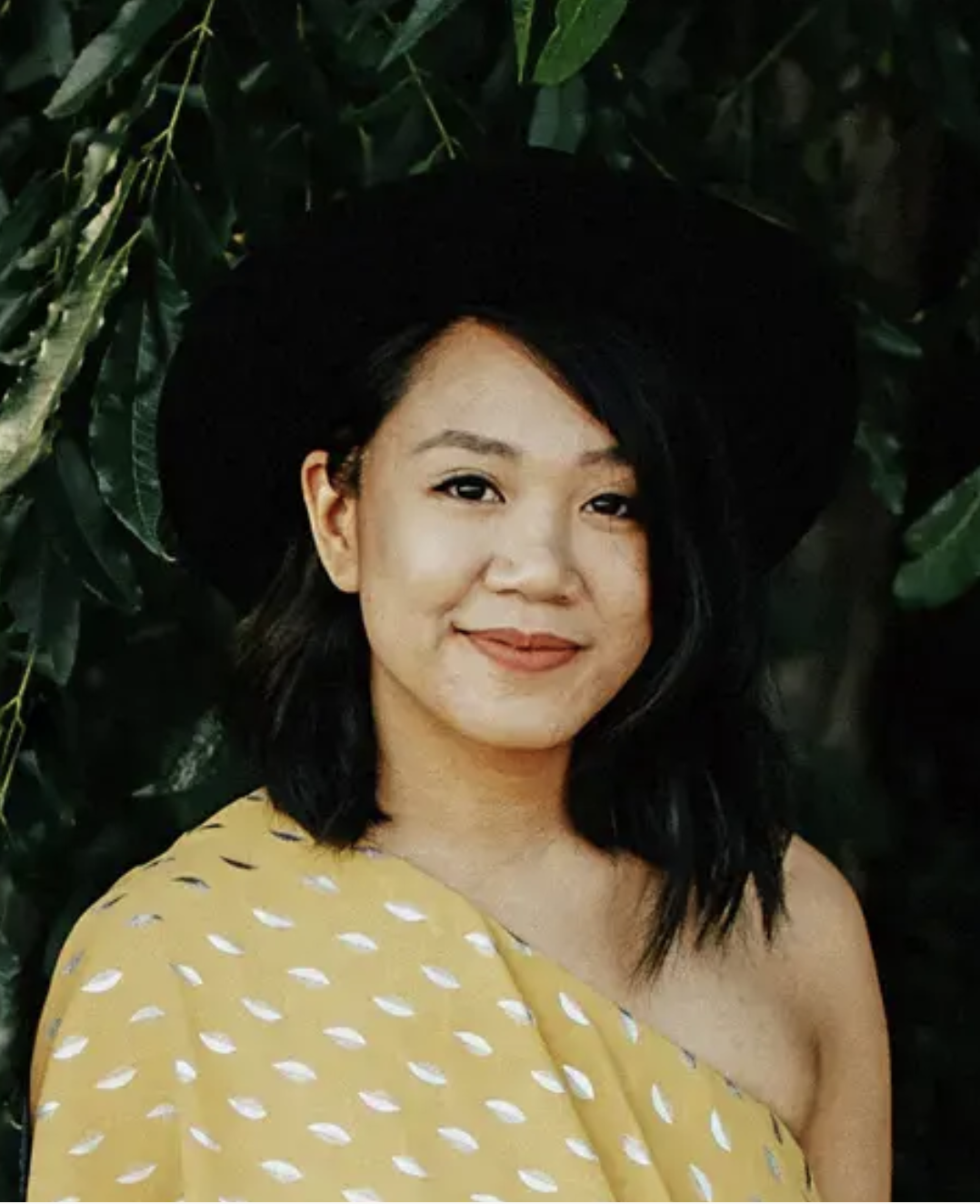
Ecstatic
Ecstatic: Psychedelics, Drugs and Therapy trailer
ECSTATIC: is 90% complete. We were racing toward the finish line last summer — and then the FDA unexpectedly turned down MDMA-assisted therapy for PTSD.
That decision stopped us in our tracks.
Instead of rushing to completion, we took a hard look at the film. We knew we needed to address the biggest question now facing psychedelic therapy:
Why, even with life-changing results, did the government say no?
That moment changed the direction of ECSTATIC. We expanded our focus to include the "why" behind the resistance to psychedelic therapy — misinformation, stigma, safety concerns, and the politics of approval.
Why This Film Matters
Every eleven minutes, someone in America dies by suicide. Millions are struggling with trauma, depression, and anxiety — and too many are out of options.
Our film follows four clinicians on the front lines of change:
A Boston police officer fighting first-responder suicide
A highly trained ketamine therapist in Oakland confronting drug war legacies
A Portland facilitator building a psilocybin center with indigenous roots
A Texas therapist with a disability whose life is transformed after ayahuasca
Their stories reveal what psychedelic therapy looks like in real lives, with real caregivers, in real communities, right now.
We are raising funds to:
Complete the edit with new material on the FDA decision
Finish music, color, sound, and licensing
Launch a national impact campaign — 20 cities in year one
Screen privately with decision makers — at police departments and legislatures
Screen at colleges and universities — with social work and medicine programs
Educate the public and reduce fear around psychedelic therapy
Please consider donating to the film to help change bring psychedelic therapy to our people.
Five brave trailblazers navigate the precarious road to becoming the first licensed psychedelic-assisted therapists in America. Over six years, they undergo dramatic transformations as they experience the drugs themselves and learn to sit for clients. Against the backdrop of a nation still grappling with the acceptance of marijuana, these pioneers confront legal, social, and personal challenges, risking everything to unlock the hopeful potential of psychedelics for their clients.
Directors: Paul Kloss and Kerthy Fix
Editors: Katrina De Vera, George O’Donnell and Toby Shimin
Asst. Editor: Anya Swanson, Christian Oliveira, Shilpa Kunnapillil, Jenn Stamps
Prod. Assistant: Faith Robinson
Consulting Editor Toby Shimin
Editor Toby Shimin began her film career as a sound editor, and switched to picture editing in 1988 when she cut THE CHILDREN'S STOREFRONT, which was nominated for an Academy Award. Since then, she has edited numerous films that have premiered at Sundance, including, HOW TO DANCE IN OHIO, which won a Peabody Award, A LEAP OF FAITH, MARTHA & ETHEL, MISS AMERICA, EVERYTHING'S COOL and the Sundance Audience Award winning films, OUT OF THE PAST, THIS IS HOME and BUCK, which was also short-listed for an Academy Award. Toby received the prestigious Documentary Editing Award at the Woodstock Film Festival for HBO's 32 PILLS: MY SISTER’S SUICIDE. ERNIE &JOE, won a Jury Prize at SXSW where it premiered in 2019 and her most recent film, BABY GOD was to premiere opening night SXSW, 2020. It will air on HBO later this year. Toby is a principal of Dovetail Films, a production and editing company she co-founded with Dina Guttmann in 2001. She continues to serve as a mentor for the Edit and Story labs at the Sundance Institute, is on the advisory boards of Full Frame and Hedgebrook and is co-curator of the documentary film series, Depot Docs.
Editor Katrina De Vera
Katrina De Vera is a documentary editor based in Austin, Texas. Her work includes the feature film "A Run For More" about a trans-woman who runs for City Council in San Antonio and assistant editing on the feature film "A Thousand Cuts", which premiered at Sundance 2020, as well as assisting on the observational feature "Pahokee" (Sundance 2019). Her latest film, “Kapwa Texas” premiered in May 2023 at the Los Angeles Asian Pacific Film Festival.
Asst. Editor Shilpa Kunnappillil
Shilpa Kunnappillil is an Indian-American documentary filmmaker and editor based in Brooklyn, NY. In her films, she explores womanhood through themes of identity, family, and culture, often focusing on South Asian communities. She was selected as a 2019 Firelight Documentary Lab Fellow and a 2019 NeXt Doc Fellow for her feature documentary in production, The Road to Sabarimala. She currently works as an assistant editor for documentaries and docu-series.




